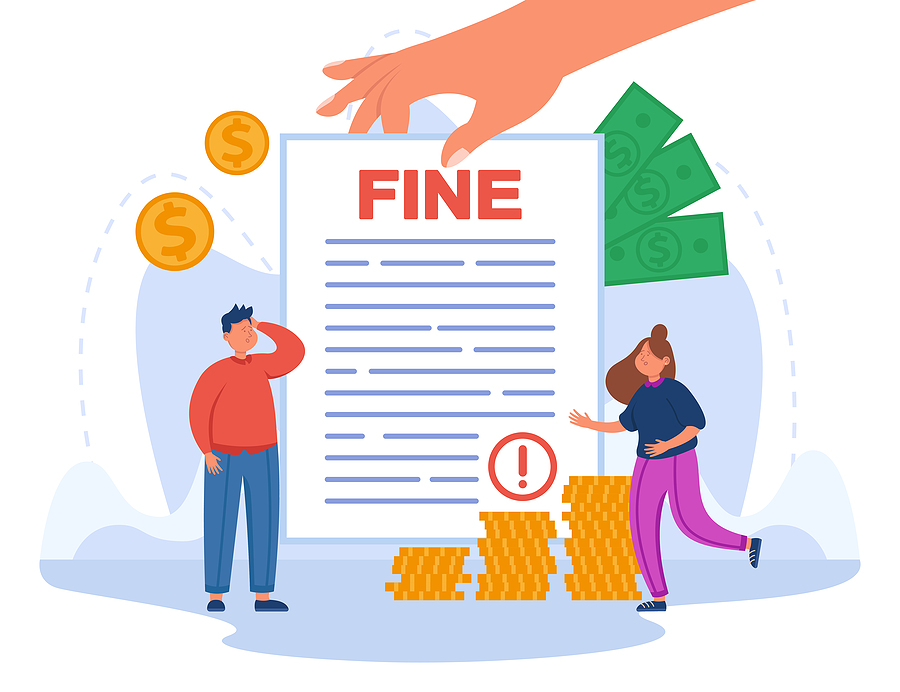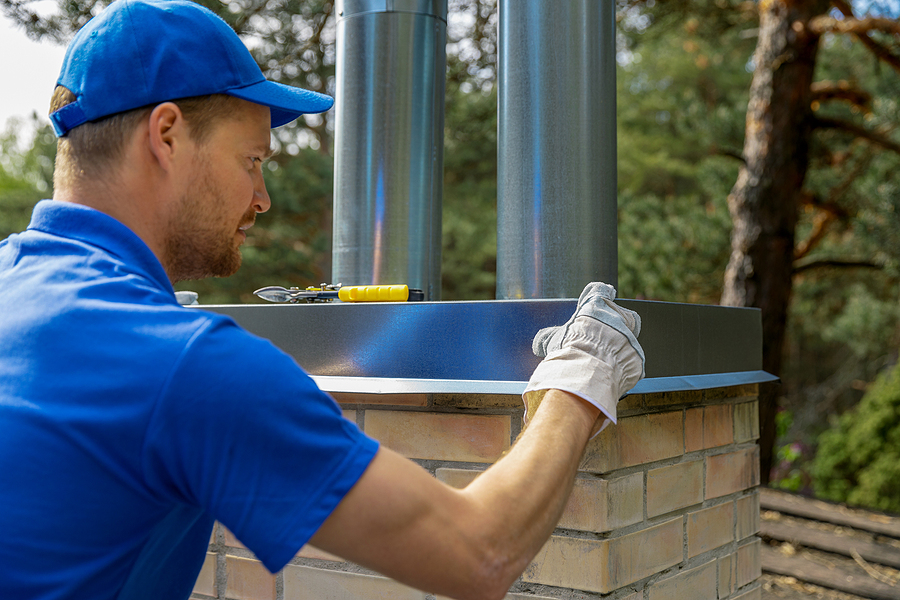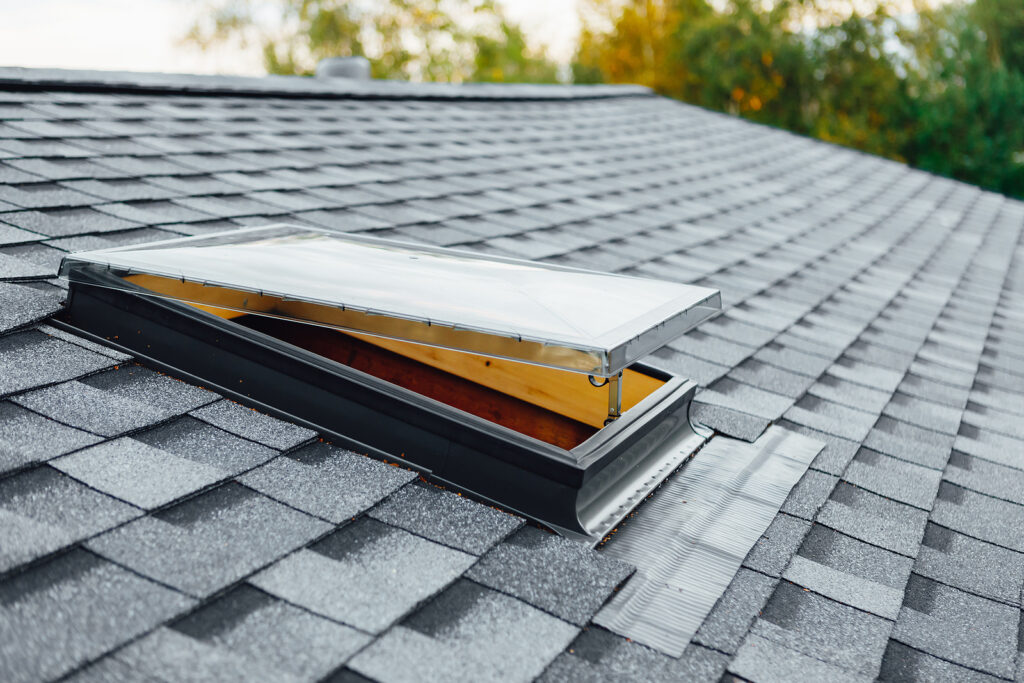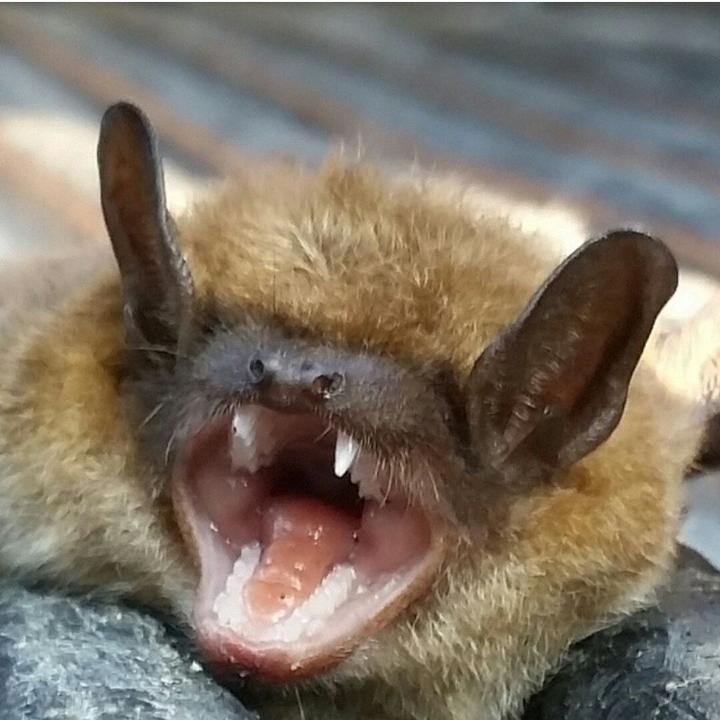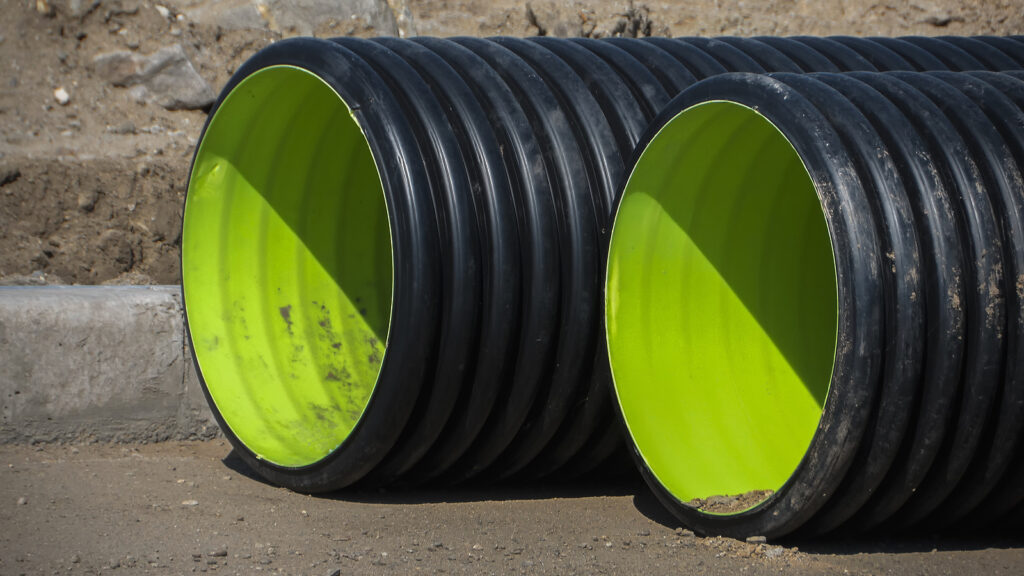Have you ever used the adage, “blind as a bat?” If so, you may be disappointed to learn that you were incorrect. That is because bats are not actually blind. But don’t be ashamed if you always thought this; many people share the same misconception. The truth is that there are more than 1,100 bat species in the world, and not one of those species is blind. What’s even more interesting is that they actually have quite good vision, especially Megachiroptera species (fruit and old-world). This makes sense, as they are night-hunters. So, vision is important for darting and dashing for prey.
Continue reading to learn more interesting facts about bat vision, echolocation, and more.
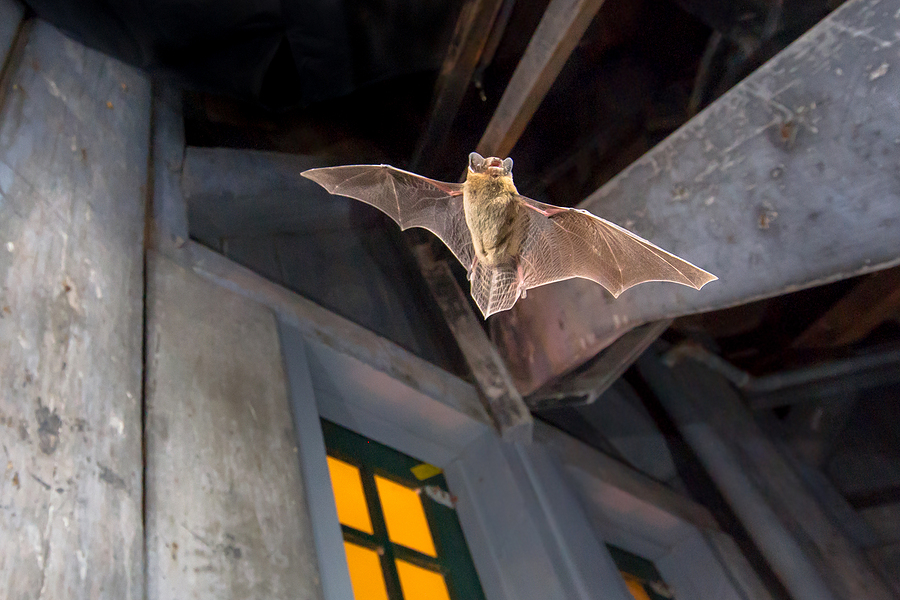
Not All Bats Have Echolocating Abilities
There are two main categories of bat species: Megachiroptera and Microchiroptera (also known as megabats and microbats). One of these bat groups have echolocating abilities, while the others do not.
Megachiroptera Bat Species
Megachiroptera are large bats that live in tropical and subtropical climates. They maintain a diet of fruits and nectar, but some species are also known to consume small amphibians and fish. As for vision, Megachiroptera have large eyes and pronounced visual cortex that allow them to see very well. They also have a good sense of smell. Some species, like Flying Foxes, actually see well during the day, and are dependent on their daytime vision to fly around on moonless nights. They can also see in color!
Microchiroptera Bats
Microchiroptera, or microbats, are different from Megabats in many ways; however, their vision is just as good. Despite their poorly developed small eyes, scientists have confirmed that microbats have both rods and cone photoreceptor cells in the retinas, giving them the ability to see in the day, in color, and at night. Furthermore, Microchiroptera (not all species, but most) have a built-in sonar system called echolocation, which emits high-frequency ultrasonic pulses into the air that bounce back and outline the surrounding environment. This is why many people believe these mammals are blind; but echolocation is simply a bonus attribute that allows microbats to hunt faster and better for insects like mosquitos, moths, flies, gnats, and more.
Nuisance Bat Problems
If you are experiencing nuisance bat problems in or around your property, you have safe and affordable options. Never attempt to catch, trap, touch, harm, or kill a bat. Not only are there possible laws against this, which could subject you to some hefty fines and other civil penalties, but bats also carry diseases, some of which are deadly. Always contact a licensed and insured bat removal and control company in Richmond, VA for non-lethal, licensed assistance you can trust.
Are you looking for cheap and humane ways to get rid of a bat on your property? Contact Virginia Bat Pros at 804-729-9097 for fast and secure bat removal services in Virginia, including Richmond, Salem, Leesburg, and all surrounding areas. We serve residential and commercial clients.
Related Posts:
Do Bats Use Sounds to See?
The True Facts About Bats and Blindness
Will a Sonar Jammer Keep Nuisance Bats Away?

